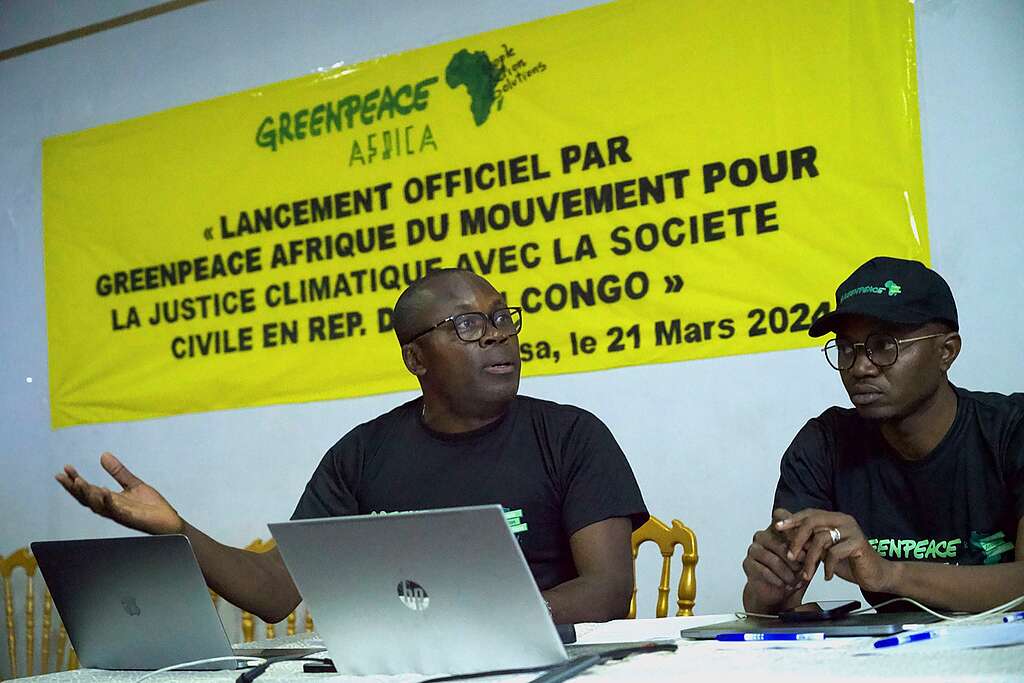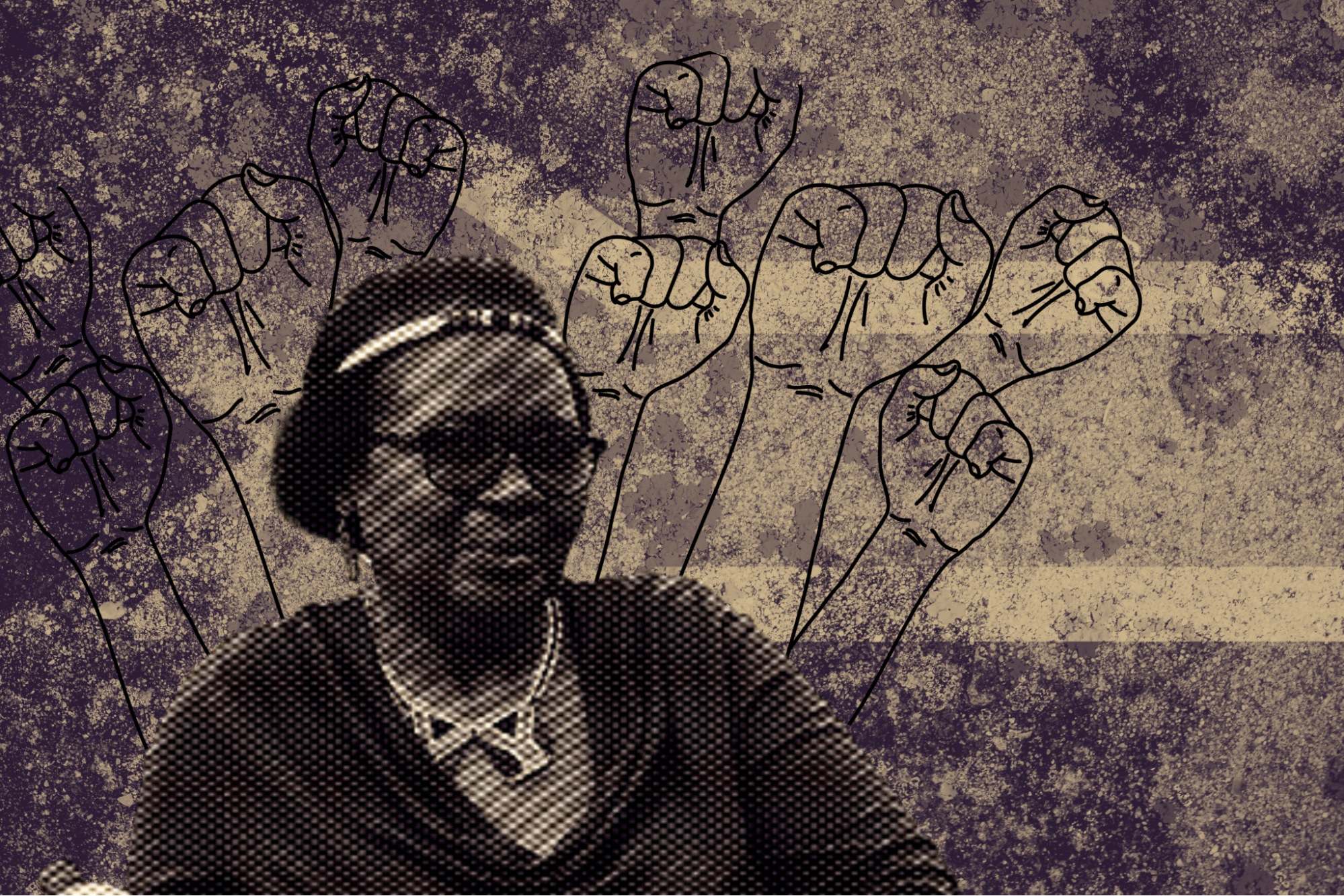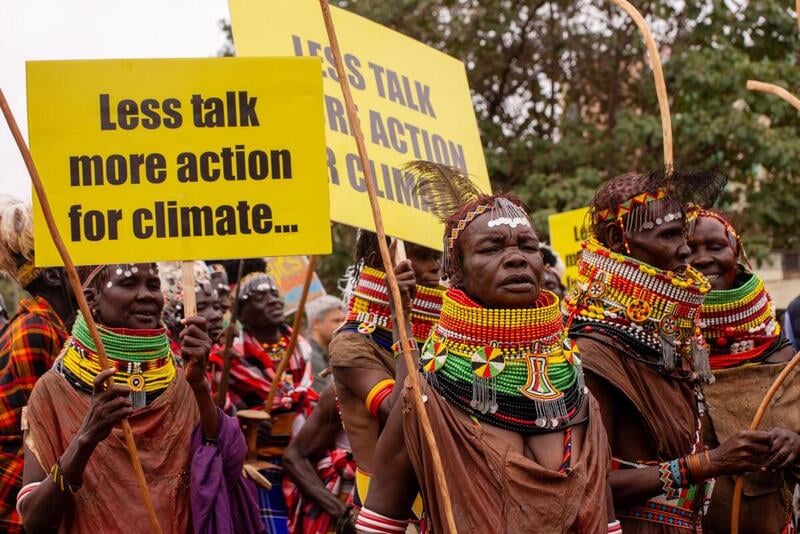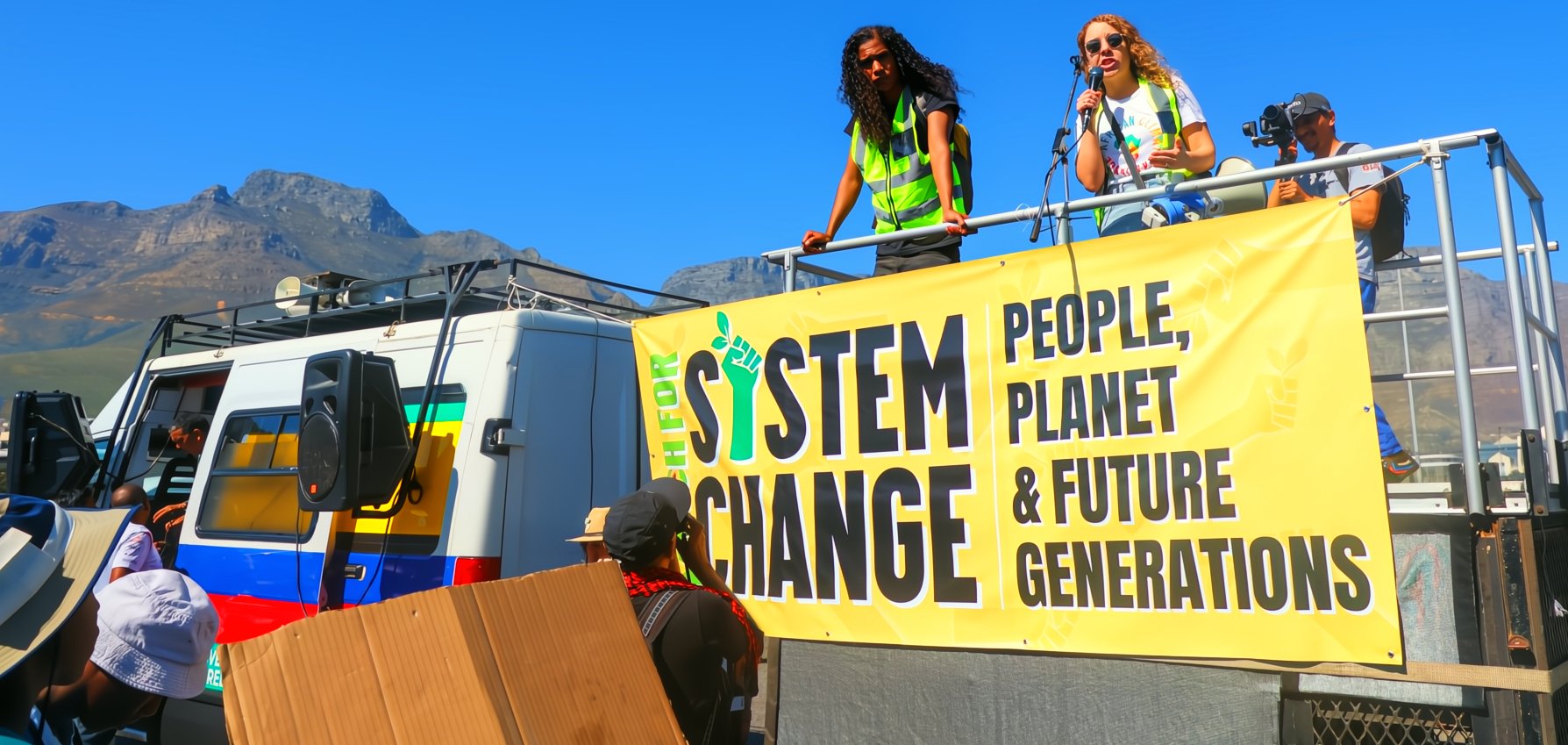Kinshasa, 21 March 2024 – As part of the celebration of the International Day of Forests on Thursday 21st March, Greenpeace Africa is officially launching the first Climate Justice Movement in Central Africa with several environmental civil society organisations in the Democratic Republic of Congo (DRC). The aim of this initiative is to unite the efforts of grassroots organisations and local stakeholders actively involved in defending the environment and resolving the major problems linked to the protection of forests, the climate, oil and gas development, access to energy, waste management and respect for the rights of local communities and indigenous peoples in Africa.
“Faced with the major environmental challenges facing our country and the persistent threats to the forests of the Congo Basin, there is an urgent need for all the driving forces of Congolese environmental civil society to come together around a common objective to experiment with collective power in order to provide solutions that are equal to the current environmental challenges,” said Bonaventure Bondo, Forest Campaigner for the Congo Basin at Greenpeace Africa.
“The climate justice movement is an opportunity for Greenpeace Africa and its partner organisations to strengthen advocacy and implement joint actions to combat environmental degradation and climate change in the DRC,” he added.

The DRC has enormous environmental resources, and on the world stage presents unique opportunities to capitalise on in the environmental sector. The Climate Justice Movement embodies a vision of a DRC where natural resources are managed sustainably and wisely, to help improve the living conditions of communities, protect forests and promote the rights of local forest communities and indigenous peoples.
“It is impossible to work for the protection of the forests of the Congo Basin and for environmental sustainability in the DRC by leaving others aside. The aim of this initiative is to get all the stakeholders – grassroots organisations, local players, civil society and young people – pulling in the same direction, and to strengthen collaboration with Greenpeace Africa for effective action to conserve and protect our forest resources, because no one should be left behind,” continues Bonaventure.
The launch of the Climate Justice Movement was marked by the drafting of a memorandum of understanding between the organisations present and Greenpeace Africa, with the aim of formalising the collaboration and strengthening the partnership for future joint actions focusing on the analysis of environmental threats and challenges in the DRC, particularly in the forestry, climate, waste management, local community rights, energy and hydrocarbon development sectors.
Bringing together nearly 30 environmental civil society organisations in the DRC for the time being, Greenpeace Africa invites all other environmental civil society organisations to join in order to form a larger network.
END
Contact:
Raphaël Mavambu, Media and Communications, Greenpeace Africa, [email protected]



